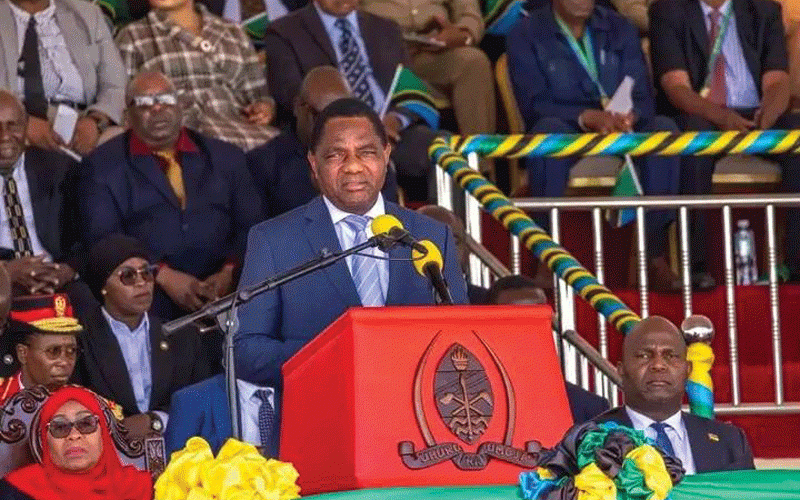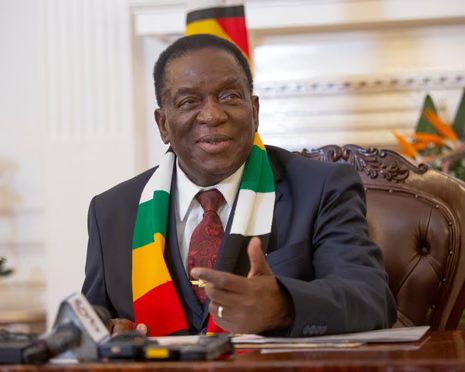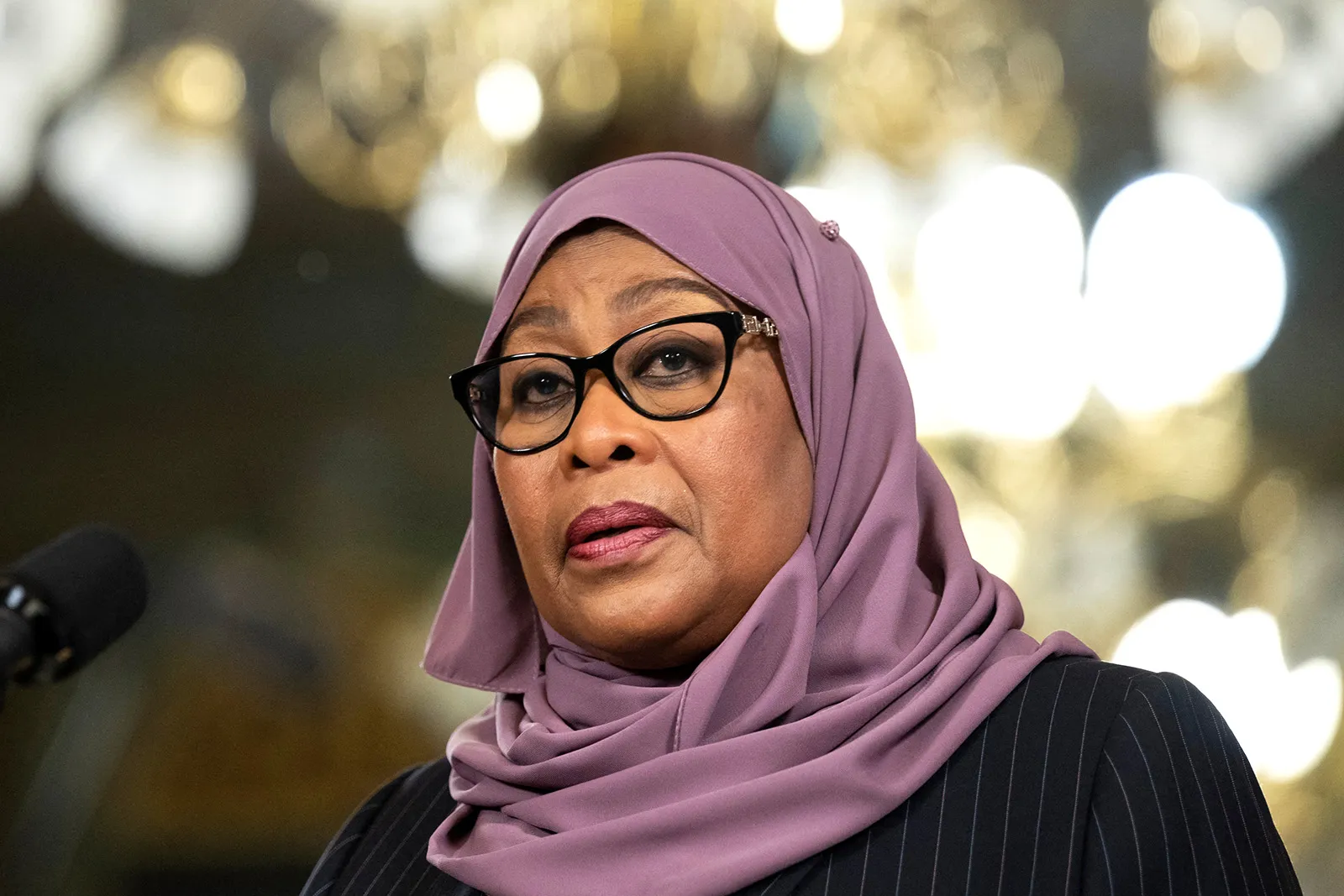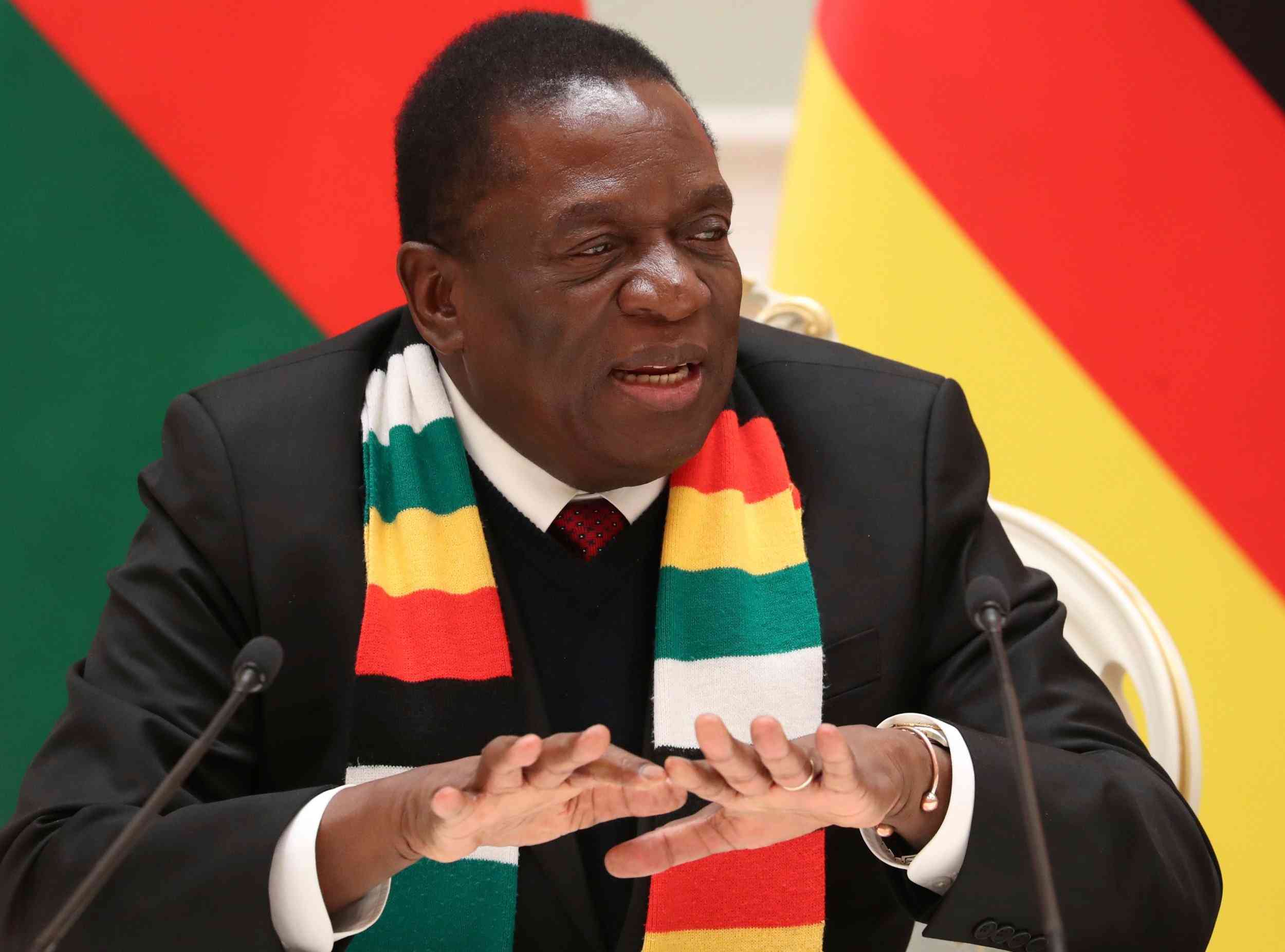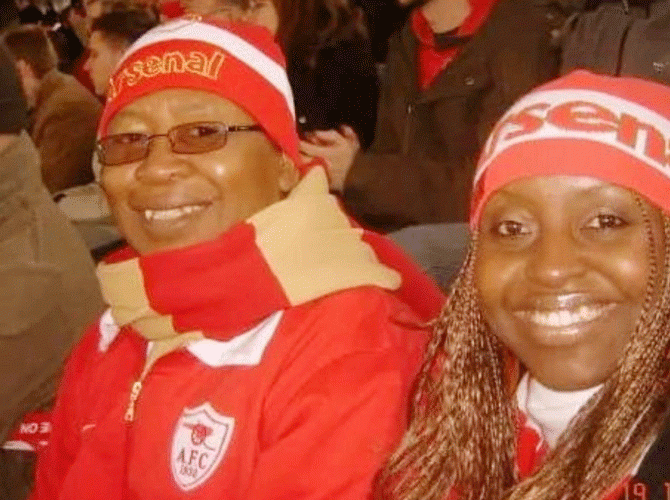
I always wanted to be a lawyer because I’m very passionate about equity, justice and fairness.
That goal shaped everything I did—from subjects I chose in school to the grades I aimed for.
After my A Levels at Bulawayo Convent, I got into the University of Zimbabwe (UZ) to study law.
I loved languages too, especially French, because I knew both English and French are official languages of the International Court of Justice.
Unfortunately, during my first year, UZ shut down for months due to demonstrations.
Thankfully, I’d also applied to universities in the UK on a long shot, and through a process called “Clearing,” I received offers to study law and French.
With help from my incredibly connected dad — who secured my first year’s tuition — I moved to the UK with just US$100 in my pocket. It was terrifying and exhilarating all at once.
The plan was always to come back home, and I had a job lined up at a top law firm in Bulawayo.
- Zim needs committed leaders to escape political, economic quicksands
- Chicken Inn knockout Harare City
- Ziyambi’s Gukurahundi remarks revealing
- Ngezi stunned by 10-man Herentals in Chibuku Cup
Keep Reading
Things in Zimbabwe changed dramatically, and the future there looked uncertain, so dad suggested I stay there longer.
I didn’t plan to stay in the UK permanently, but the circumstances made it the most logical choice.
Arriving in the UK: The reality behind the dream
I was 19 when I first arrived; far from home, family, and everything familiar.
I had no idea how much I depended on that sense of belonging and cultural safety until it was gone. What we see of life “overseas” through media is filtered and often misleading.
At the same time, the portrayal of Africa in those same media outlets was completely different from the rich, complex Zimbabwe I came from.
Unfortunately, it’s also the distorted lens that I was viewed through.
I was often the only Black, African, Zimbabwean woman in a room.
I initially learned about the racism here through the Stephen Lawrence case I was studying at university, and then sadly, through several personal experiences.
Some explicit, most more covert.
This was long before the widespread diversity conversations sparked by events like George Floyd’s murder, so it was still very much accepted and normalised behaviour.
To try and fit in or get in, I shrunk myself — but it didn’t help. It was tough not being able to share the struggles with my parents without scaring them.
Excitement quickly turned into anxiety, confusion and what I now know was depression.
Thankfully, as technology advanced, the impact of distance lessened, and it became easier to connect to home.
How I see Zimbabwe now
I’m one of the proudest Zimbos you’ll ever meet. I love my country deeply, but it’s not blind love. It’s a love that sees the challenges and wants to turn them into opportunities.
It saddens me that many Zimbabweans, like me, have made homes abroad—but it’s also an opportunity.
We have gained skills, networks, and global exposure that can benefit Zimbabwe tremendously.
However, what strikes me now when I visit is how much we’ve normalised struggle and dysfunction.
Where we once demanded and pursued excellence, there’s now a sense of resignation.
That mindset shift is holding us back. We need to reclaim the ambition that earned us the title of Africa’s breadbasket.
Staying connected and contributing to home
My career — which includes companies like EY and Apple — has focused on strategy, innovation, and inclusive business growth.
I’m keen to reinvest in Zimbabwe and I stay plugged into what’s happening through networks, resources, and trusted contacts on the ground.
My passion project is sport and especially football because sport cuts across industries like education, tourism, media, technology and infrastructure.
It opens many opportunities with it for individuals, organisations and of course, the country.
My dad and I began building a sports academy before he passed away suddenly in 2023.
After his death, I launched a football tournament on his birthday. That was the start.
Now, we’re working on bringing UK coaches to Zimbabwe for training camps—both for players and aspiring coaches to connect our abundant raw talent to proven methodologies from top teams.
If I could invest further in Zimbabwe, I’d continue in sports development.
We have the climate, space, and talent to become a hub for sports tourism and international competition.
The ripple effect on employment, infrastructure, and the economy could be massive.
The Diaspora’s role and the UK-Zimbabwe connection
Living in the UK opens your eyes to how systems work across healthcare, transportation, business.
The building blocks exist in Zimbabwe too; they just need support and structure.
The UK could help by exporting support models like business mentorship and startup funding to Zimbabwe.
There are so many innovators back home who just need a connection to global markets or a slight shift in perspective to scale up.
There’s a role for everyone. Exchange programs, business partnerships, and educational collaborations to shift perceptions on both sides and facilitate mutual growth.
Keeping my culture Alive in the UK
My Zimbabwean identity is in my DNA. I don’t have to work to maintain it — it’s who I am. My home is filled with Zimbabwean art, fabrics, sculptures and memories.
Two of my three siblings live here too, so we cook, speak in our home languages, and celebrate traditions together.
Braais are a cultural constant, and I proudly wear African prints and jewellery to work.
I design my outfits then have them made by a talented Zimbabwean woman named Ethel Suliali, back in Bulawayo.
It would be incredible to find a way to connect her and other entrepreneurs like her to the UK market.
My 10-year-old son was born in London, but ask him where he’s from, and he’ll proudly say (uncoached) Zimbabwe without hesitation.
We celebrate Zim holidays, live by Zimbabwean rules, and will be watching the Zim cricket team in Nottingham on Saturday and then poetically, on Sunday, Africa Day.
At work, I have helped bring Africa Day celebrations to life, from hosting notable African guests to ensuring our canteens serve African dishes.
The Diaspora experience: Joys and challenges
The UK can be isolating. Life here is fast and individualistic. I remember the deep comfort I felt when people visited my mum daily after my dad passed—turning up unplanned, bringing food, sitting with her, navigating life’s big moments as a community. That doesn’t happen here.
That said, I’ve had profound moments of inclusion. I carried the Queen’s Baton in the 2014 Commonwealth Games, representing EY and Zimbabwe.
It was surreal — pregnant with my son, running through the streets of Glasgow, cheered on by strangers. Another highlight was being featured by Arsenal, a club my day, my son and I love.
Wearing their African inspired kit, celebrating my roots with my son — that was an unreal moment dad would have loved.
We were also featured in a national campaign for English Heritage. Seeing my dad’s pride when he saw us on posters during his very last visit to the UK was unforgettable.
Looking ahead: Dreams for Zimbabwe
I absolutely want to return home. That’s the dream for me and more so, my son. The UK has given me so much that I want to reinvest back home.
But Zimbabwe needs frameworks to support people with passion and talent to be able to pour them into our country.
Right now, it’s too hard to succeed without extensive (outside) connections.
We need to build systems that allow people to thrive and stay. I’m ready to contribute to that.
What I hope others learn
To those considering moving here, my advice is: call me first! I hope people make informed decisions, not ones based on idealised images.
Do your research. Life here is different — hard in ways you don’t expect —but also full of opportunity.
Every Zimbabwean is an ambassador. People will base their view of our country on their experience of us, so let’s show up proud and authentic.
We contribute so much to every industry globally — let’s just make sure the world knows the magic it’s seeing was made in Zimbabwe.
*Mari-Anne Chikerema Chiromo is the EMEIA (Europe, Middle East, India and Africa) business enablement leader for inclusion and diversity at Apple UK. This column is curated by the British embassy in Harare demonstrating the strong people-to-people relations between the UK and Zimbabwe.

